Heritage
Heritage Talk: Two Queens and a Countess - Mansfield Library
Join historian David Templeman for an in-depth talk on the interaction between the three most colou…
Our new course booking system is live!
Visit our new Learner Hub
to create your account, where you can book and browse all our adult learning courses.
Published 25th April 2022

Published by the National Archives this book makes an authoritative and accessible first step on your family history journey
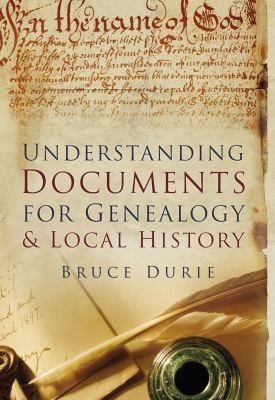
A thorough and accessible guide to the range of resources generally available to the family historian, and what kind of information you will expect to find in them.

Part encyclopaedia, part dictionary, part almanac - Jonathan Scott's 'A Dictionary of Family History' doesn't claim to be exhaustive, but it is practical, easy to use, entertaining and genuinely informative. It is the kind of book you can dip into or use as a starting point for deeper study.

The ideal companion for anybody researching their family tree. It provides advice and inspiration on methods and problem-solving and helps the amateur family historian understand what successful professionals do to get results, and why we should copy them.

This book will enable you to find out about your own surname or any other surnames you are interested in: how old it is, where it comes from, what it means and what associations it has today.

This guide to the census is detailed, accessible and authoritative, and it is one of the most comprehensive on the market. It has been written with the family historian in mind, and is packed with advice on how to explore and get the most from the census records. As well as describing the modern censuses, it provides information on the less-known censuses dating from before 1841, and it covers the records of all the constituent parts of the British Isles.
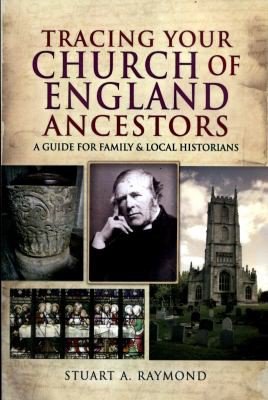
Stuart Raymond identifies the available sources, comments on their strengths and weaknesses and explains how to make the best use of them. The history of the Church of England is covered, from the Reformation in the mid-16th century until the present day. Anyone who has a family connection with the Church of England or a special interest in the local history of the church will find his book to be a mine of practical information and an essential aid for their research.
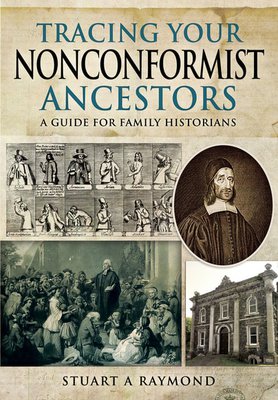
We all have Nonconformist ancestors. In the mid-19th century almost half of the English population were Nonconformists. And there were very few villages where there was not at least one Nonconformist chapel. Local and family historians need to be aware of the diversity of Nonconformity, and of the many sources which will enable them to trace the activities of Nonconformist forbears. Stuart Raymond's handbook provides an overview of these sources. He identifies the numerous websites, libraries and archives that local and family historians need to consult.
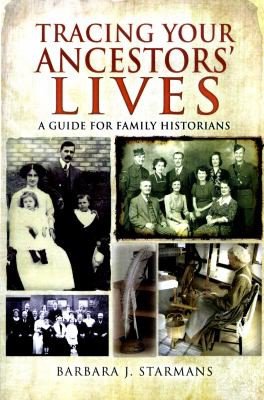
'Tracing Your Ancestors' Lives' is not a comprehensive study of social history but instead an exploration of the various aspects of social history of particular interest to the family historian. It has been written to help researchers to go beyond the names, dates and places in their pedigree back to the time when their ancestors lived.
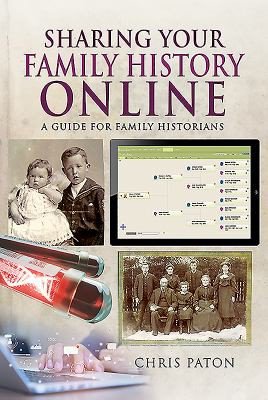
For many enthusiasts pursuing their family history research, the online world offers a seemingly endless archive of digitalised materials to help us answer the questions posed by our ancestors. In addition to hosting records, however, the internet also offers a unique platform on which we can host our research and lure in prospective cousins from around the world, to help build up a larger shared ancestral story. This book explores the many ways in which we can present our research and encourage collaboration online.
This section suggests titles that can help you focus in on more specific areas of research, relevant to your particular family – if your ancestors were involved in specific trades, eg coal mining, railway workers, canal builders, as well as books specialising in sources relating to different parts of the British Isles and Commonwealth, and those with a military background. We end with a book suggesting routes for researching your more recent, twentieth century ancestors.
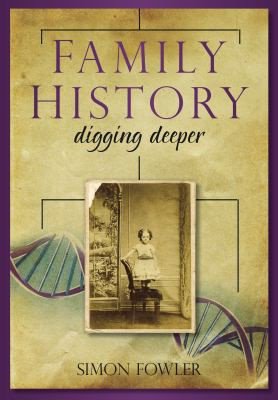
This addition to any family historian's library will take their research to the next level with clear advice and explanation of the processes involved from a crack team of Britain's top genealogists. It also provides much information about the way in which our ancestors used to live and how this knowledge can help the researcher.

A comprehensive introduction to researching coalminers and coalmining history, this book identifies key coalmining sources for family historians and provides insights into the working lives and experiences of the miners.
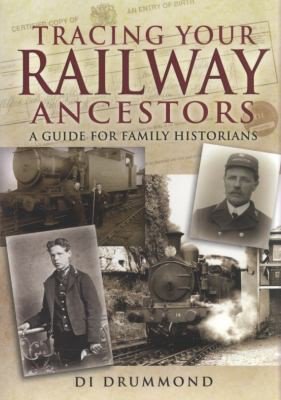
Diane Drummond's informative guide to Britain's railways will be absorbing reading for anyone who wants to learn about the history of the industry & for family history researchers who want to find out about the careers of their railway ancestors. In a clear way she guides readers through the social, technical & economic aspects of the story.
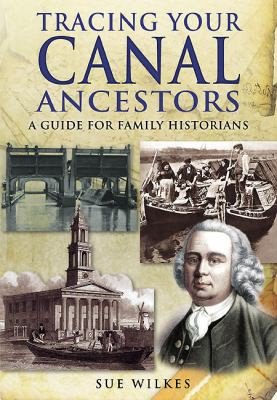
Britain's Industrial Revolution depended on canals for the cheap movement of materials and goods - until the coming of the railways. Sue Wilkes's book concentrates on the people who lived and worked on the waterways - the canal boatmen, their families and their way of life - and those who depended on the canal trade for a living.
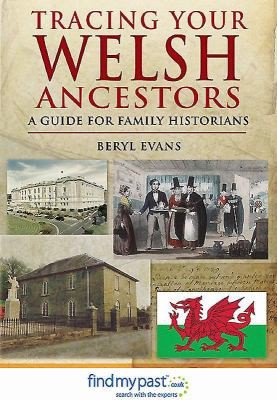
Beryl Evans presents a detailed, accessible, authoritative guide for anyone who is eager to research ancestors from Wales. She describes the key archival sources and shows how the development of new technology, the internet in particular, has made them so much easier to explore. Drawing on her long experience of family history work, she gives clear practical advice on how to start a research project, and she sketches in the outlines of Welsh history, Welsh surnames and place-names and the Welsh language.
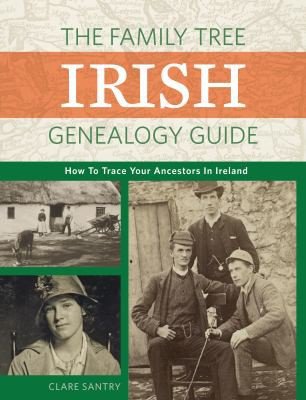
Discover your Irish roots. This in-depth guide from Irish genealogy expert Claire Santry will take you step-by-step through the exciting - and challenging - journey of discovering your Irish roots. You'll learn how to identify immigrant ancestor, find your family's county and townland of origin, and locate key genealogical resources that will breathe life into your family tree.
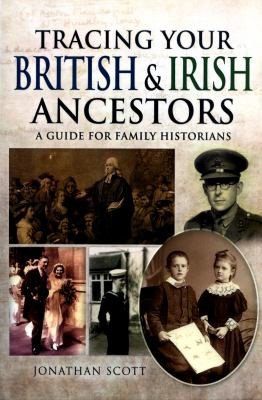
Finding a way into the sources for British and Irish family history can be a daunting task if you live overseas and have little knowledge of the archives you can go to and the way in which they can be used. That is why this introductory book will be so valuable for anyone who is trying to trace their British and Irish ancestors.
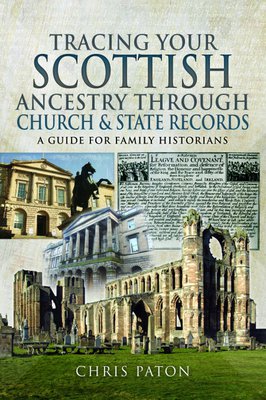
Despite its Union with England and Wales in 1707, Scotland remained virtually independent from its partners in many ways, retaining its own legal system, its own state church, and its own education system. In this book, genealogist Chris Paton examines the most common records used by family historians in Scotland, ranging from the vital records kept by the state and the various churches, the decennial censuses, tax records, registers of land ownership and inheritance, and records of law and order.
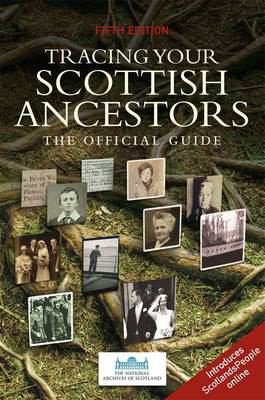
This guide provides an
authoritative survey of the vast range of material held in the National
Archives of Scotland - records of Scottish national and local government,
Scottish churches, law courts and private families and businesses.
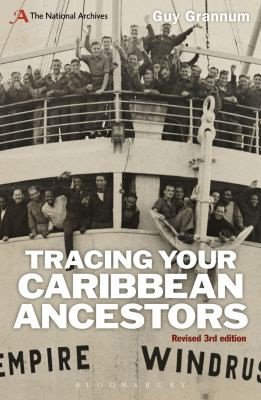
Fully updated and revised this new edition includes recent developments in Caribbean genealogy research including guidance on archives that are now available online and how to find, and accurately search, newly released information.
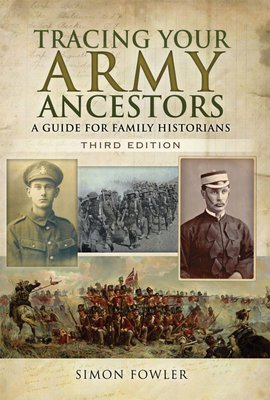
This title is an ideal reference text when investigating army personnel. Whether you are interested in the career of an individual officer, researching medals awarded to a soldier, or just want to know more about a particular battle or campaign, this book will point you in the right direction.
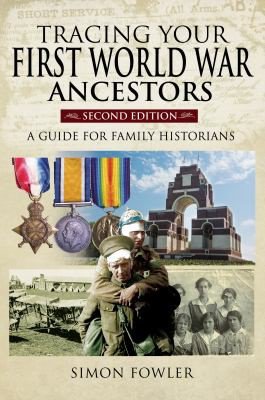
The First World War was perhaps the most traumatic event of the 20th century. Millions of men, women and children were affected by it. And it still has a resonance today more than 100 years after the Armistice. This title offers a simple, yet comprehensive, guide to researching the men and women from Britain - and its dominions and colonies - who took part in WWI either at the front or at home. Key sources are covered, including the National Archives and the many online sites that researchers can turn to. It also records casualties, munitions workers, conscientious objectors and service personnel from the British Dominions.

What was it like to serve as an airman in the Second World War, as a pilot, a gunner, a wireless operator, or as a pilot or observer over the trenches of the Western Front during the First World War, or in the Fleet Air Arm or as a fitter or in the Women's Royal Air Force, or as a member of the ground crew who are so often overlooked in the history of Britain's air arm? And how can you find out about an individual, an ancestor whose service career is a gap in your family's history? Phil Tomaselli shows you how this can be done.

The recent past is so often neglected when people research their family history, yet it can be one of the most rewarding periods to explore, and so much fascinating evidence is available. The rush of events over the last century and the rapid changes that have taken place in every aspect of life have been dramatic, and the lives of family members of only a generation or two ago may already appear remote. That is why Karen Bali's informative and accessible guide to investigating your immediate ancestors is essential reading, and a handy reference for anyone who is trying to trace them or discover the background to their lives.